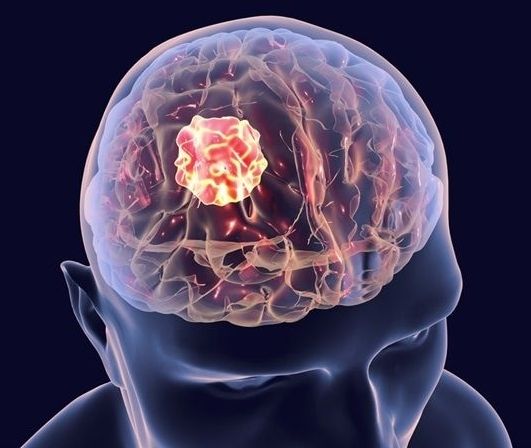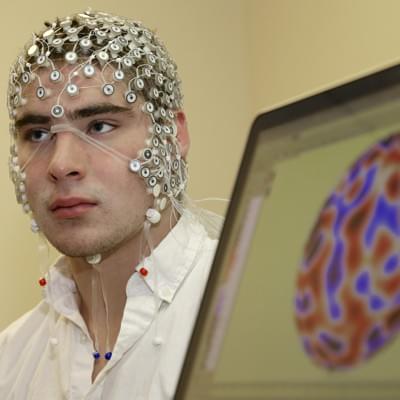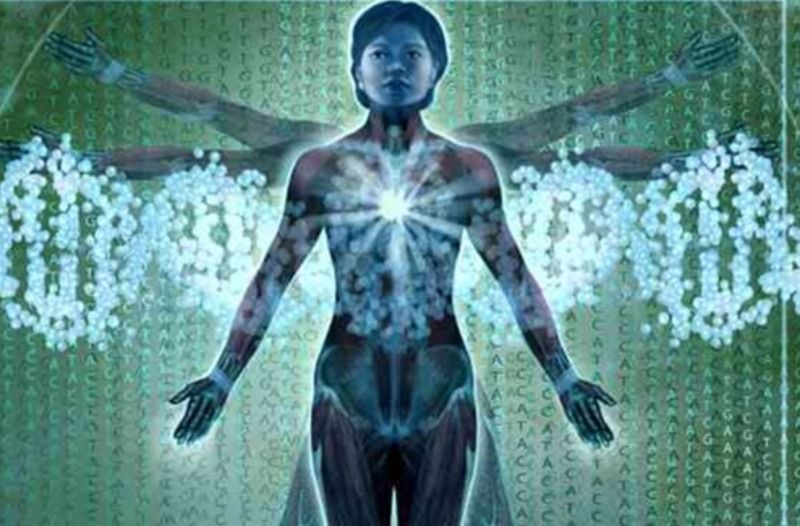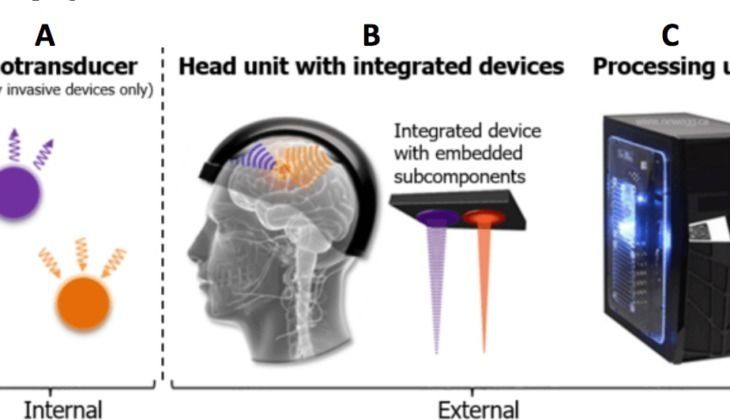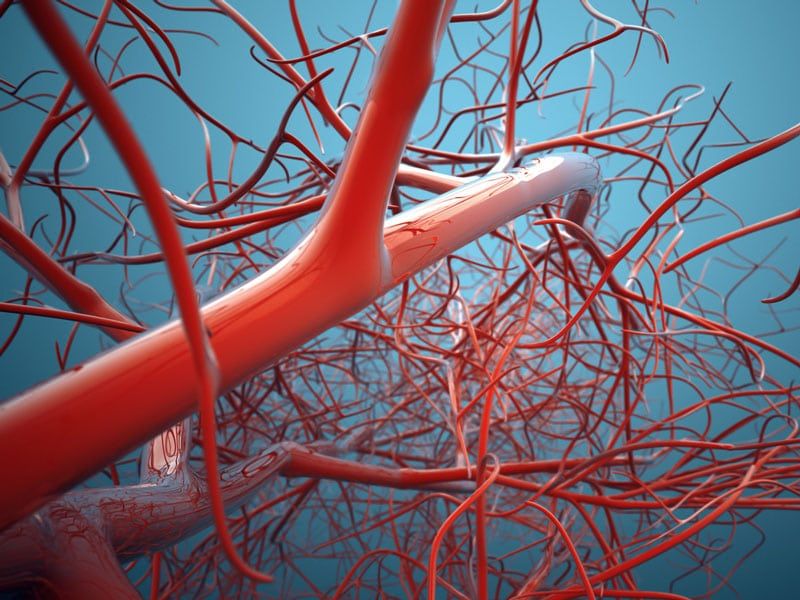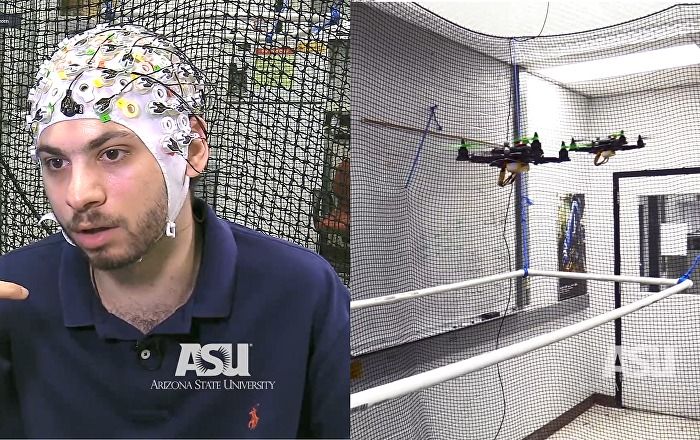Sep 12, 2018
Gene involved in circadian rhythms can be potential target for glioblastoma treatment
Posted by Mike Ruban in categories: biotech/medical, neuroscience
Researchers have discovered a way to kill #cancer cells and stop #glioblastoma formation by blocking casein kinase 1 gene.
Scientists with the Virginia Tech Carilion Research Institute say a gene involved in the body’s circadian rhythms is a potential target for therapies to help patients with a deadly form of brain cancer known as glioblastoma.
This discovery, to be published in the journal Scientific Reports on Tuesday, Sept. 11, points to a subtype of a particular gene that apparently is enabling the survival of cancer cells, although it is more commonly associated with circadian rhythms — the body’s 24-hour biological clock.
